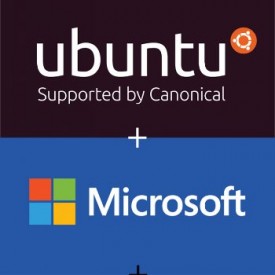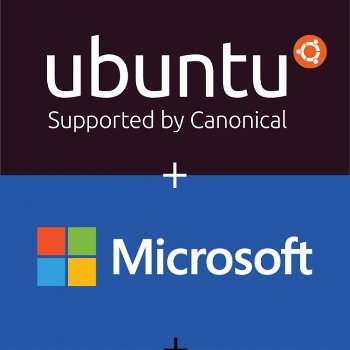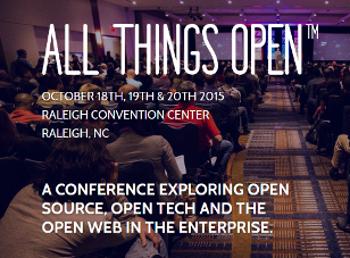It didn’t take nearly as long to count the votes for our desktop poll as it did for last week’s distro poll, mainly due to the fact that not as many of you voted, but also because there aren’t nearly as many desktop environments and window managers as their are Linux distros. Also, unlike the distro poll, there was a clear cut winner instead of a virtual tie.
 Actually, of course, it’s not about winners and losers. It’s about what you like. It’s about preferences. After all, unless you’re a diehard command line person, the desktop is how you interact with your computer.
Actually, of course, it’s not about winners and losers. It’s about what you like. It’s about preferences. After all, unless you’re a diehard command line person, the desktop is how you interact with your computer.
Again this year, KDE tops the list with a commanding lead, piling up over a quarter of the 617 votes cast. This is a huge drop from the 70 percent showing it made the last time we conducted a desktop poll, back in January and February of last year. In that poll, however, users were only given three desktop choices — KDE, GNOME 3 and Cinnamon. This year, voters were served up a menu that included eight popular desktops from which to choose. As in last year’s poll, voters could also opt to place write-in votes.
Why KDE? According to your comments, there were two major reasons: stability and configurability, with many of you saying, “It just works.” But there seemed to be some disagreement over whether KDE’s legendary configurability is as great as it once was.



 SCO started out here in my neighborhood, essentially, in Santa Cruz, California. It was called The Santa Cruz Operation (hence, SCO). That manifestation of SCO was founded in 1979 by Larry and Doug Michels, a father and son, as a Unix porting and consulting company which, over time, developed its own brand of Unix. In his book “The Art of Unix Programming,” Eric Raymond calls SCO the “first Unix company.”
SCO started out here in my neighborhood, essentially, in Santa Cruz, California. It was called The Santa Cruz Operation (hence, SCO). That manifestation of SCO was founded in 1979 by Larry and Doug Michels, a father and son, as a Unix porting and consulting company which, over time, developed its own brand of Unix. In his book “The Art of Unix Programming,” Eric Raymond calls SCO the “first Unix company.”
 Well, guess what? This sort of targeting is coming to your TV soon.
Well, guess what? This sort of targeting is coming to your TV soon.



 After being a two day event for its first two years, this year the event, which is staged by the Columbia, South Carolina based nonprofit IT-oLogy, will expand to take place over a three day period. In addition, the event is moving from midweek to the beginning of the week, and is scheduled to begin on Sunday, October 18th and run through Tuesday, October 20th.
After being a two day event for its first two years, this year the event, which is staged by the Columbia, South Carolina based nonprofit IT-oLogy, will expand to take place over a three day period. In addition, the event is moving from midweek to the beginning of the week, and is scheduled to begin on Sunday, October 18th and run through Tuesday, October 20th.